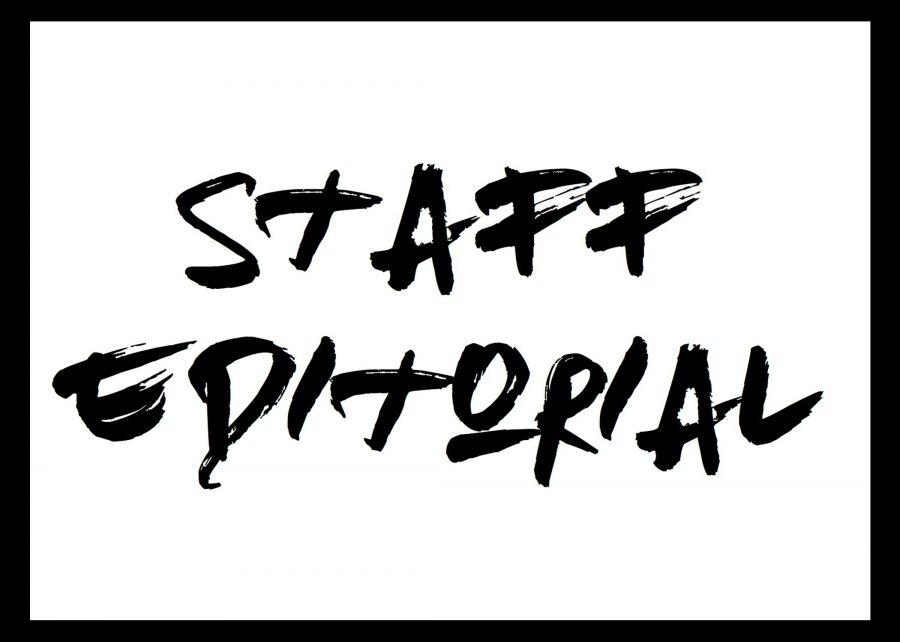Shadow grading is an integral part of the first year of a Wellesley student. Most prospective students are aware of the policy during the admissions process, which can be a key factor in choosing Wellesley as their college. Shadow grading has a variety of meanings to different students. First and foremost, it allows students who might have not had the proper academic preparation in high school to adjust to the Wellesley standard. Although some of our students may arrive from equally prestigious institutions, that is simply not the case for all students. According to Wellesley College, 62 percent of the Class of 2020 were from public schools, 37 percent from independent institutions and the remaining were homeschooled. With a regionally diverse class, it is impossible to ascertain that all students learned the same materials equally. Each previous institution that students attended had its strengths and flaws, and shadow grading is an opportune time that allows such a diverse group of students to be accustomed to the same standards. Professor of sociology Lee Cuba stated in the Wellesley Magazine that “There’s some evidence that first-semester grades are related to the quality of high school. The shadow-grading policy will give all students a period of time to understand and adjust to Wellesley’s academic standards.” It would be unfair to incoming students to expect the same out of every student without an adjustment period for all.
Adjustment periods are also crucial to a first year students’ mental health. According to the the Association for University and College Counseling Center Directors Annual Survey, in which Wellesley was a participant, 47 percent of students reported anxiety as their primary concern in 2015 — an increase from the 41 percent reported in 2012. Students face a variety of stressors in coming to Wellesley, relocating from home, adjusting to higher education as well as specifically adjusting to the Wellesley community. While students are adjusting to Wellesley, they should not have to worry about their transcript grades, which can add to anxiety. Some may fear that with the absence of grades, students will neglect classes, however shadow grading allows a student to see their performance personally and then the student can evaluate themselves and make any necessary change.
Shadow grading also allows for a first-year student to explore the college’s wide range of academics without fear of any negative impacts on their transcript. Students are encouraged to try something that they may not be academically gifted in, but still have an interest in. This opportunity can lead students to further pursue classes and majors that they are passionate about. While every student may not treat this opportunity in the same manner, it is crucial to offer to all students.
Counterpoint: Shadow grading disproportionately affects humanities enrollments
According to statistics distributed among faculty members, there is mounting evidence to suggest that shadow grading disproportionately affects humanities enrollments. Students tend to gravitate towards the sciences during their first semester in order to fill requirements. Because many view the NPS/MM distribution as being the most difficult to fill, they elect to complete these classes while they are mandatory pass/fail rather than risk having them graded. Hailey McAfee ’19 admits that she signed up for calculus for this exact reason: “I worried that a poor grade in the class would negatively impact my GPA, so I figured I would take it while there was no chance of that happening.” The unfortunate consequence of these decisions is that fewer people use their shadow grading period to explore options in the humanities. Carol Dougherty, Professor of Classical Studies, believes that because students tend to pursue the subjects they try first, a mandatory pass/fail period contributes to fewer liberal arts majors.
In addition, the tendency to use shadow grading to fulfill science requirements implies that students are taking these courses not out of interest, but rather necessity. In order for academics to thrive at Wellesley, our choices must be rooted in passion instead of obligation. Shadow grading, for all of its benefits, also creates an environment in which classes are taken out of compulsion and minimal effort is contributed. This dynamic presents an interesting challenge for professors.
Another issue that arises is the creation of a hierarchy between the sciences and the humanities. Because the former is painted as ‘difficult’ and the latter as ‘manageable,’ there is a subtle ranking of academic ability. However, every major at Wellesley is demanding and should be respected.
Furthermore, shadow grading negatively impacts students in beginning language courses. Because these classes are mandatory pass/fail, students are inclined to take a relaxed approach, which has consequences for continuing studies. According to Lauren Mostrom ’18, students in her Ancient Greek class had difficulty learning new material, since they did not master the the basics: “when I was taking Greek 101, I noticed that the first-years in my class tended to be more relaxed about their assignments because the class was pass/fail. When things picked up in Greek 102 however, my classmates struggled because they did not have a strong foundation in the language, having coasted through first semester.” Beginning Greek, which had 11 students in the fall, had only five by the end of spring.
While shadow grading allows for a comfortable adjustment period, there are unfortunate consequences that should be addressed.






Sheila '68 | May 26, 2017 at 6:48 pm
What is shadow grading?